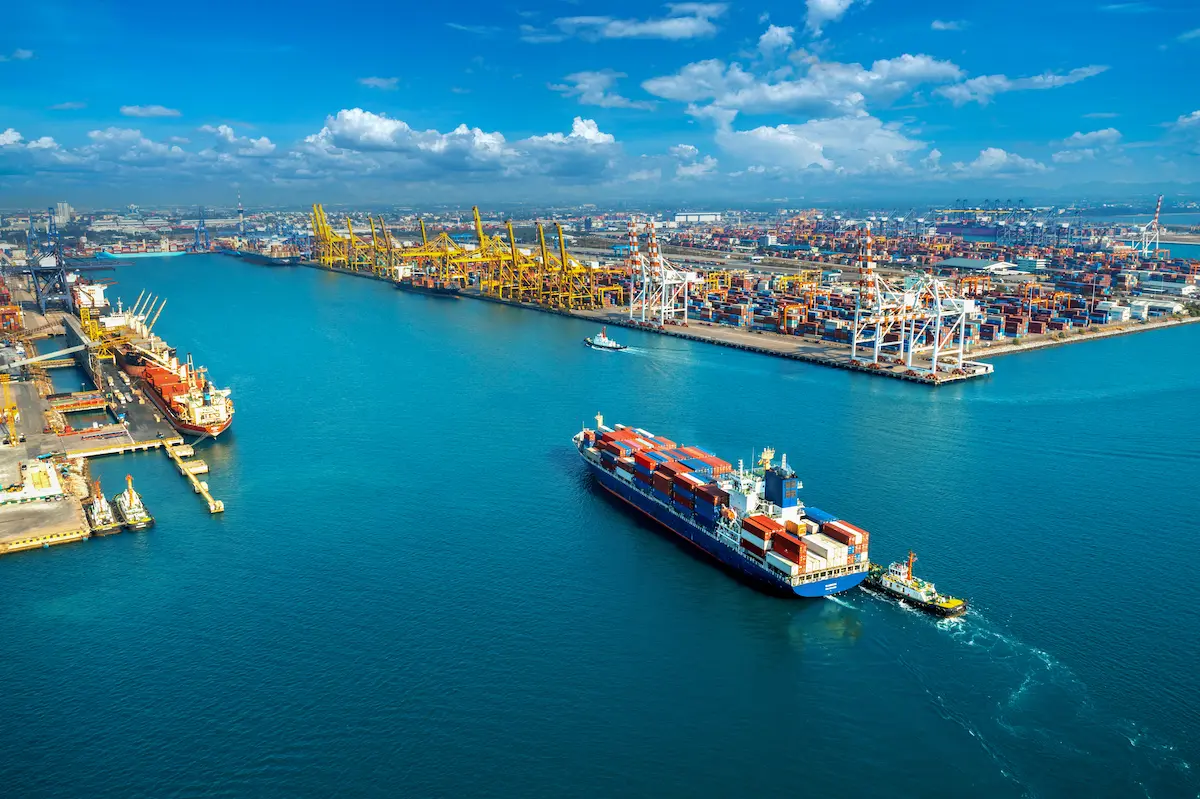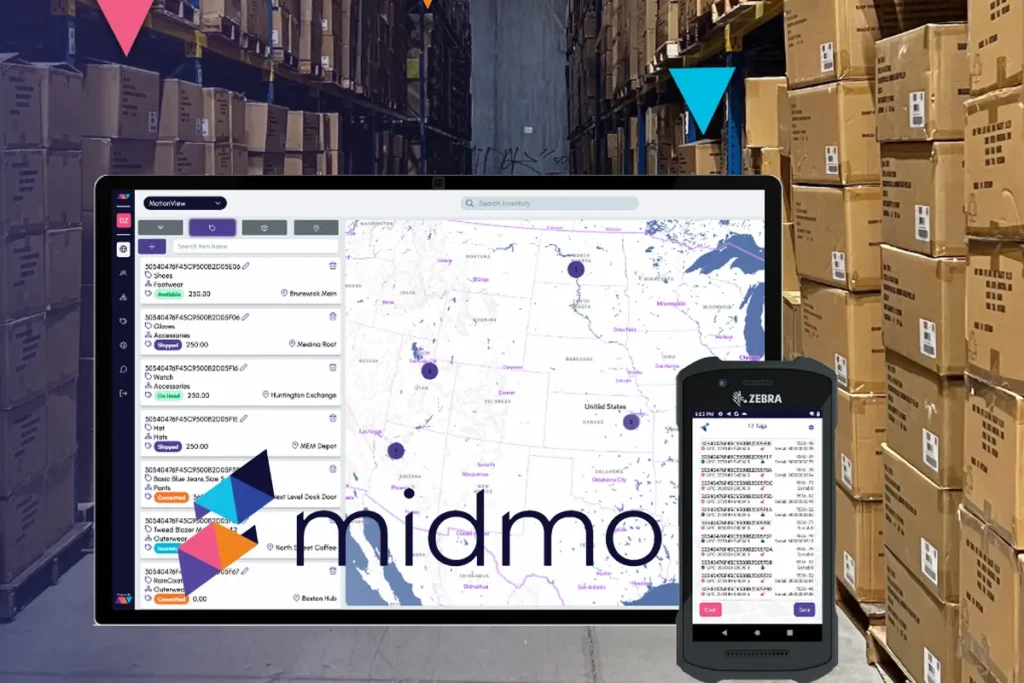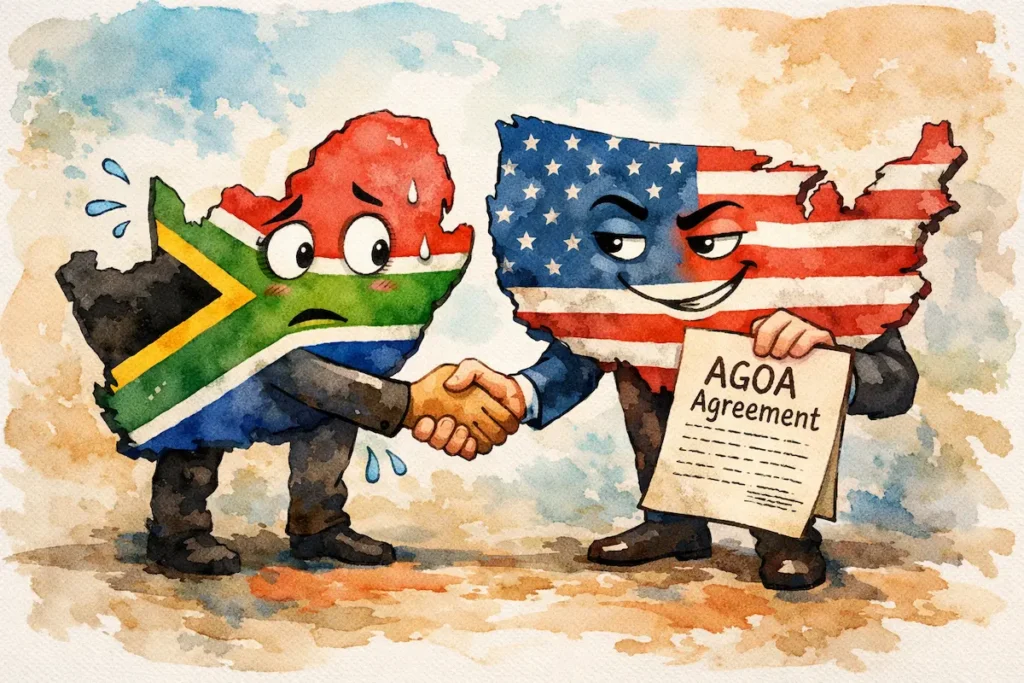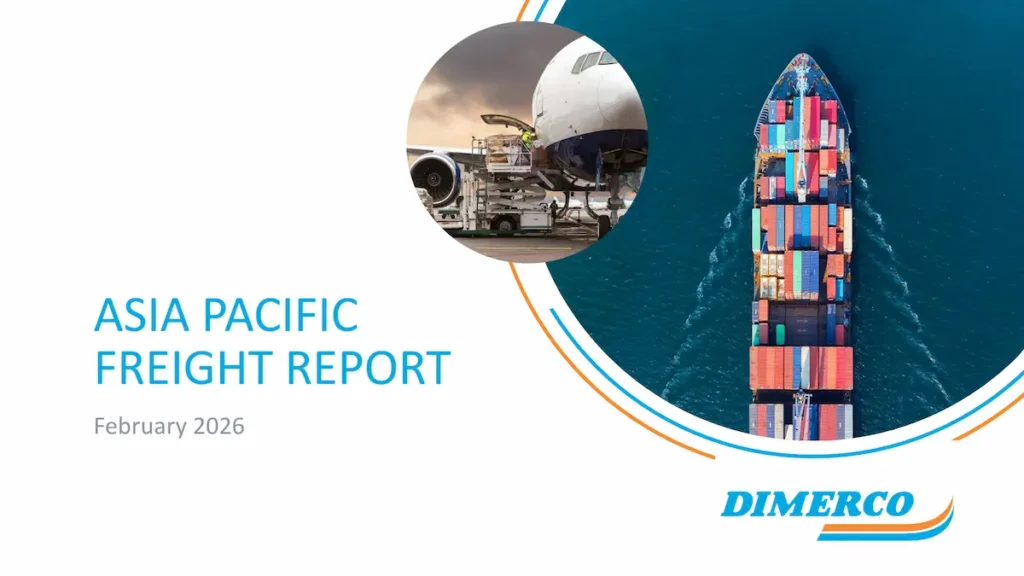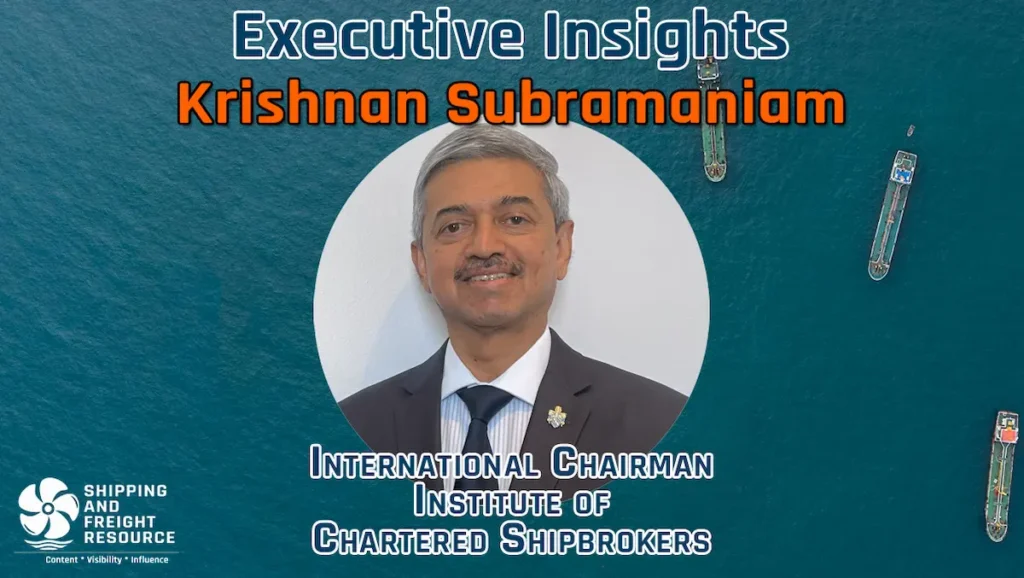Recently, I published a “Guide to Issuing a Bill of Lading” that explores the essential roles of a bill of lading, the practical implications for incorrect issuance including the inclusion of commercial information like Incoterms®, and the vital points to consider before issuing an original bill of lading..
If you haven’t downloaded it, please download it for free here.. A reader who downloaded it has below question :
Quote
The “Guide to issuing a Bill of Lading” is very helpful, particularly the point 6) non-inclusion of commercial terms in the Bill of Lading. Nevertheless, there has been a grey area, sparking a lot of debate. Following is a scenario to illustrate the issue.
Scenario 1
- A buyer (consignee) purchases products from a supplier (shipper) under FCA terms
- The supplier books shipment space with the forwarder nominated by the consignee.
- The supplier picks up the empty container to load the cargo and returns the laden container to the depot or terminal as per the booked carrier’s instructions.
- While the laden container awaits loading onto the vessel, the consignee instructs the forwarder to stop the shipment, believing they have the right to do so under FCA terms.
Question: Is it correct for the nominated forwarder to follow the consignee’s instructions?
Reader’s Opinion: In my view, the forwarder should not get involved in the commercial terms or incoterms between the buyer and the supplier. They should follow the common practice of arranging the shipment based on the booking made by the supplier.
If the forwarder stops operations, resulting in the shipment not meeting the last shipment date of the L/C, the supplier may face issues in withdrawing payment from the L/C and could potentially sue the forwarder for not adhering to the booking.
Scenario 2
- If the booking is made by the consignee with their nominated forwarder, who then contacts the supplier to coordinate the shipment:
- The supplier picks up the empty container, loads the cargo, and returns the laden container to the designated depot or terminal.
- Under FCA terms and with the booking made by the consignee, should the forwarder follow the consignee’s instruction to stop the shipment?
Reader’s Opinion: In this case, with the booking under the consignee’s control, the forwarder might have more justification in following the consignee’s instructions.
Unquote
I thought it would be a good idea to pose this question to my readers.. What do you think is the right answer..??
Please feel free to comment below..

